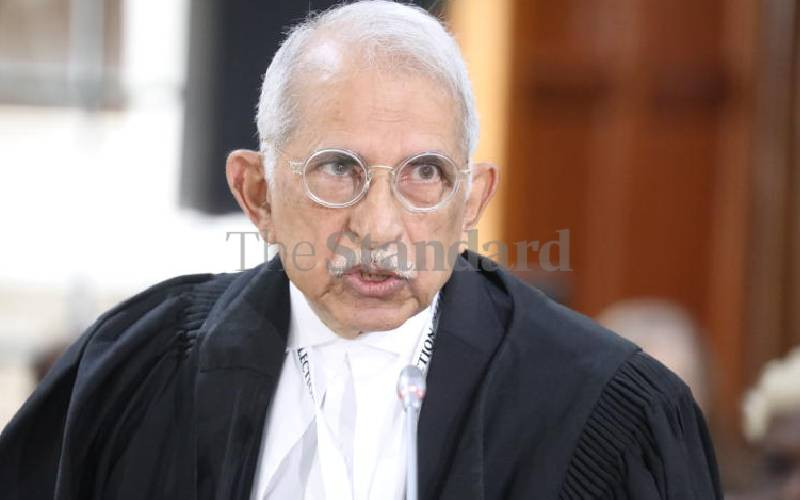×
The Standard e-Paper
Join Thousands Daily

What are the Dark Days that one hears of in so many political discussions? Dark Days turn up in interviews, newspaper columns, blogs, Letters to the Editor, podcasts and rallies. Why are they recalled, held up as warnings, identifying the dangers to us today?
The Dark Days were the times of difficulty when the Kanu regime under its leaders was in power from 1964 to 2002. It was a time of great oppression and heavy institutional damage to the country.